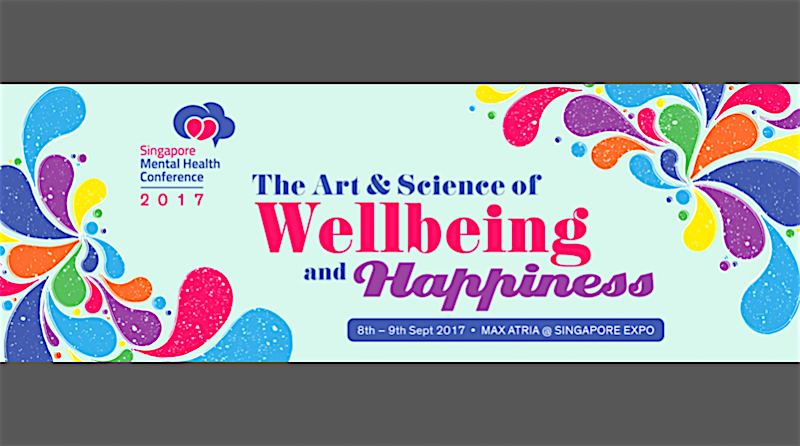By Nicole K. //
The Tapestry Project SG recently attended Voices of Experience mini-symposium held as part of the Singapore Mental Health Conference (SMHC). The mini-symposium was part of the conference track “Open Your Minds: Let’s Talk!” and centred on the development of the peer support movement.
Voice of Experience is an Institute of Mental Health (IMH) initiative which was launched in 2014 and one that gives persons in recovery and their families a platform to share their lived experiences, improve mental healthcare and create more awareness of mental health issues.
Representatives from National Council of Social Services (NCSS), Institute of Mental Health (IMH), and National Addictions Management Systems (NAMS) also shared updates of the development of the Peer Support Specialists (PSS) training programme, experiences working with PSS and aspirations for the peer support movement in Singapore.
It takes one to know one
What drew resounding audience applause was the personal sharing by Mr William Teo, senior counsellor with the National Addictions Management Service (NAMS). A former heroin addict and ex-inmate, he talked about the healing power of peers, particularly those who were in his shoes once. His turning point was when he became acquainted with another recovering addict who succeeded in quitting his addiction.
“If he could make it, so can I”, William shared.
That role-modelling became the impetus for his recovery. He regained confidence and was driven to help others. In the process, he found love and married the woman who had stood by him during the lowest moments in his life. William wanted to give back to the community and he was motivated to become a counsellor as the peer support movement had not existed at that point. He strived towards earning a masters degree in counselling and became a counsellor at IMH, helping addicts to recover and start life anew.
The rest, as they say, is history.
Professional peers
Peers, or ‘persons with lived experience’ / ‘persons in recovery’, play an important role in forging that connection between clinicians and their patients or clients. By relating their own experiences, they are better able to understand and convey the needs of recovering peers, and vice versa.
Peer support is not only useful, but vital to mental health recovery.
A brief history on the origins of peer support can be found here.
The Singapore Association for Mental Health (SAMH) was one of the first in Singapore to conduct a certified Peer Support Specialist (PSS) course for persons with lived experience. Invited overseas trainers established in peer support practice facilitated the course. Newly graduated peer support specialists would then go on to support other recovering persons in various capacities, such as in administration, case work, counselling, advocacy, community and personal outreach.
NCSS subsequently offered the peer specialist course in 2016, in partnership with IMH, and other mental health organizations.
It is a common vision across all mental health government agencies and VWOs that peer support specialists are seen as professionals who possess just as much credibility and respect as other healthcare workers.
Towards the close of the mini-symposium, there was a lively Q&A which highlighted concerns by employers who are looking to have PSS emplaced in their organizations. There were also interested queries on the intake qualifications for the PSS course and whether this course was available for students who wish to be peer supporters.
We too are left with a few questions of our own:
- Who is considered a ‘peer’?
- Is there a difference between a ‘professional peer support specialist’ and a professional who is also a person-in-recovery?
- Is the existing workforce framework and infrastructure ready to not only accept, but embrace these persons?
The peer support movement is still in its infancy with an evolving framework. We are hopeful that one day there’ll be a valued place for peers at the workplace.
But more importantly, beyond the labels and lexicon, we hope this is reminds us all to view persons with mental illness, or any illness for that matter, as individuals of value, with unique experiences that prove to be more of an asset than a liability.
The Singapore Mental Health Conference (SMHC) is an annual event jointly organised by mental health agencies. Held on 8-9 September at Max Atria @ Singapore Expo, this year’s conference was helmed by the Institute of Mental Health (IMH), Health Promotion Board (HPB), Agency for Integrated Care (AIC) and National Council of Social Services (NCSS). The theme was “The Art and Science of Wellbeing and Happiness”.

